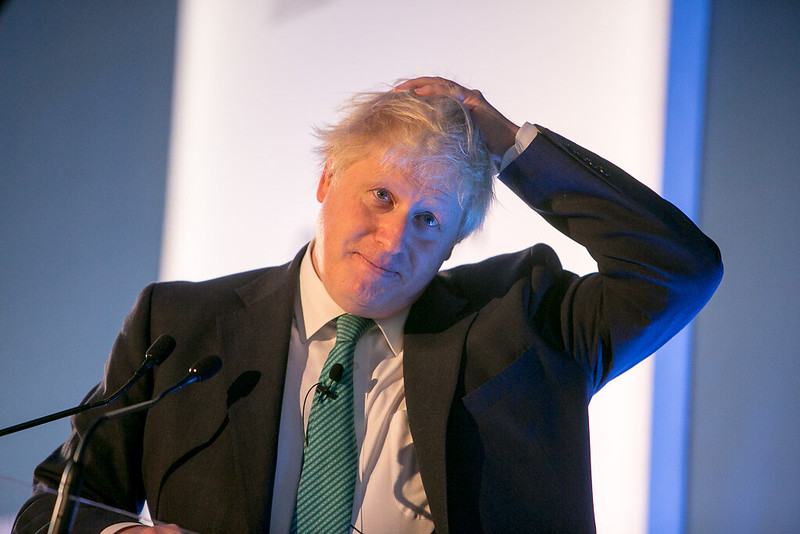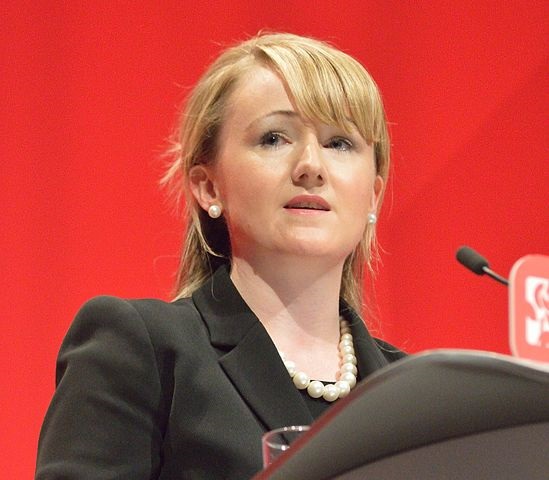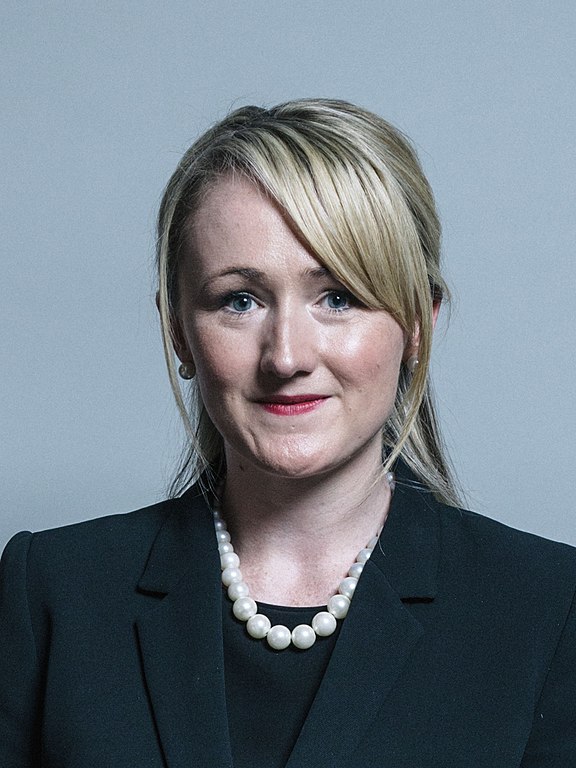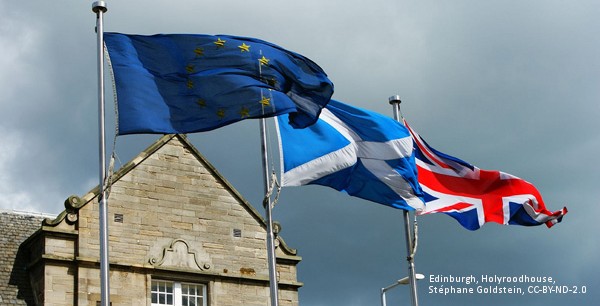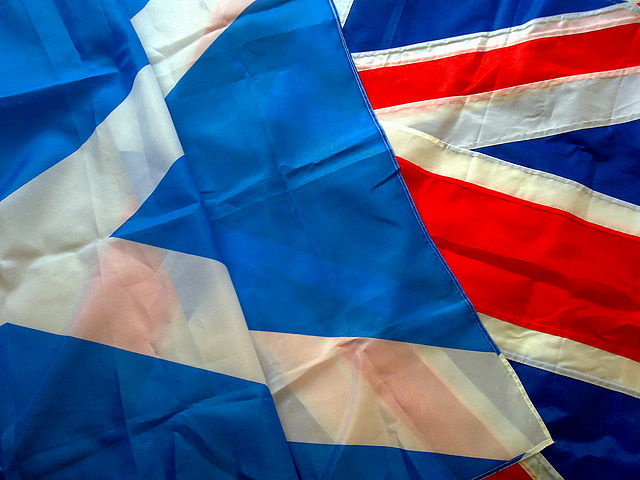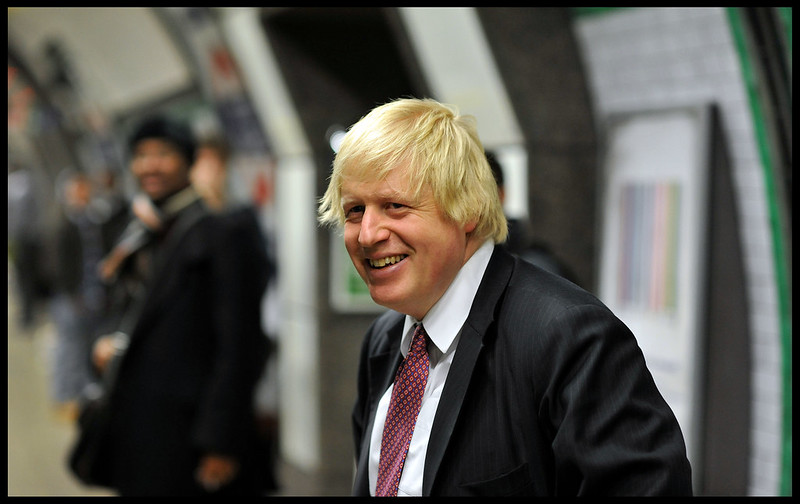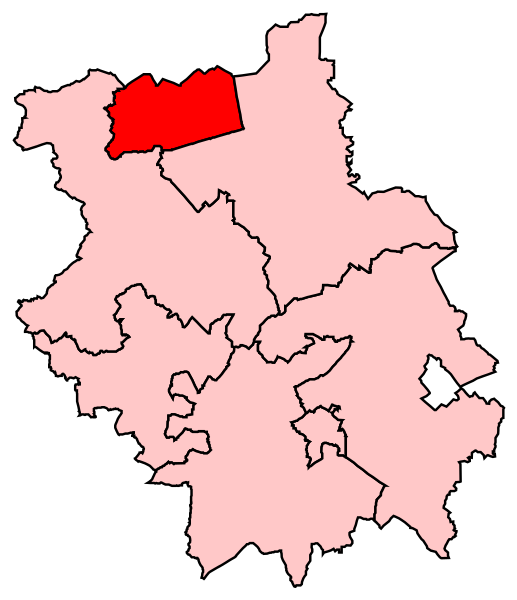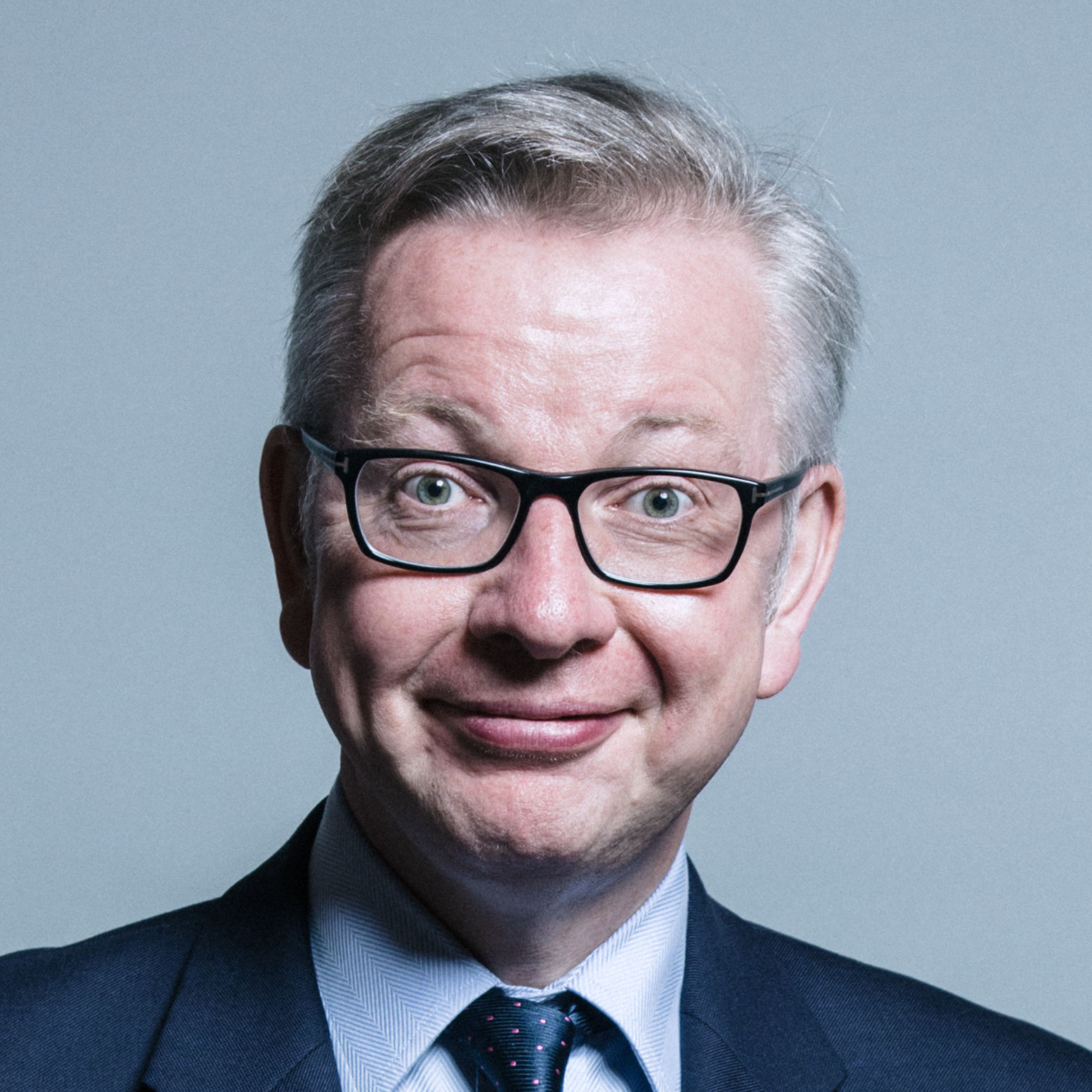A Christmas election may not be a nightmare for Boris Johnson, particularly as the current polls indicate a comfortable Tory majority. Victory, however, could come at a heavy price.
The Prime Minister faces a conundrum: Workington or Wokingham? An unexpected coalition of parliamentary constituencies Boris has to keep on side. That is, if he is to avoid another centennial crisis in the Conservative Party. It was the Corn Laws in the nineteenth; the disaster of 1945 in the twentieth, and could well be the night of December 12th in the 21st.
As a means of staying relevant, Nigel Farage has dealt an early blow to the Tories’ election campaign. “Get Brexit Done” will be answered by “another Tory Prime Minister failing to deliver Brexit” and the narrative of betrayal. This is despite the Government’s Withdrawal Agreement paving the way for an ambitious free trade agreement with the European Union.
As the country disentangles itself from the EU, the UK would aim to align itself with the economies of the United States and Canada, rekindling Commonwealth ties with Australia and New Zealand. Ultimately, Thatcherism-on-the-Thames will not appeal to Labour Leavers who are concerned about financial instability, and the pressures of a decade of crippling austerity in those industrial heartlands that the Tories need to win.
In Heywood and Middleton, if the Brexit Party were to poll 17.3%, that would be enough to see Labour retain the seat. In Sedgefield, Tony Blair’s old stomping ground, a 15.7% showing would save Labour. In Bury North, Labour would retain the seat if the Brexit Party received just 12.3%.
Protectionism and free trade are polar opposites; one is focused on shoring up what they have faced with the threat of identity erosion and restoring pride in so-called forgotten communities. Globalists, on the other hand, are willing to shape their path with the gain of economic growth.
Johnson is a liberal, globalist and pro-immigration. It may not have occurred yet but sooner or later, he will come into conflict with protectionist Brexiteers who are feeling threatened in post-industrial Britain. This a faction that he needs on side in order to win. Amid the backdrop of Labour’s vulnerability in traditional Lancastrian towns, he needs to dispel the perception that voting Tory is a criminal sin – a view influenced by the costs of Thatcherism: economic hardship and the demise of traditional industries in working-class communities.
Although there is a review of High Speed rail due later in the year, it seems unlikely that the Tories will abandon this project. It is a core component of the Northern Powerhouse strategy. Yet, with the bedevilled Pacer trains still trundling through the valleys in the Pennine moors, regional investment has to be on the agenda too.
Boris is facing the dilemma of whether to remain loyal to his ideological principles. This would perhaps be enough to shore up the defences to stave off a Liberal Democrat threat in constituencies such as John Redwood’s leafy Wokingham. Alternatively, he could adapt to the political context, in which the Tories need to smash ‘the red wall’ of Labour in the North and offset Remain losses with historic northern gains.
At the moment, he is riding two horses, which as we know is a dangerous game in politics. Jeremy Corbyn has experience at this. Despite his attempt to avoid alienating one side or another, the breed donning the red rosette ran its race and the fence of the EU parliamentary election in May saw Labour’s stallion found wanting.
Mistakenly, Corbyn tried to justify this by implying that those who voted Leave wanted the same as those who opted for the status quo. Comparing Remain and Leave is one thing, but trying to unite free-traders and protectionists would seem to be impossible.
It is hard to see how an Australian points-based, skilled immigration system – which could produce increased immigration from low-wage economies in the rest of the world – would relieve the concerns of those concerned by zero-hour contracts and multi-national corporations exploiting workers.
It may not have happened yet, but Boris will face a crossroads during this election campaign. That could be when the Tories release their official manifesto. He has to perfect a balance that does not alienate either faction. Otherwise, the prospect of another deadlocked Parliament may become a reality.






